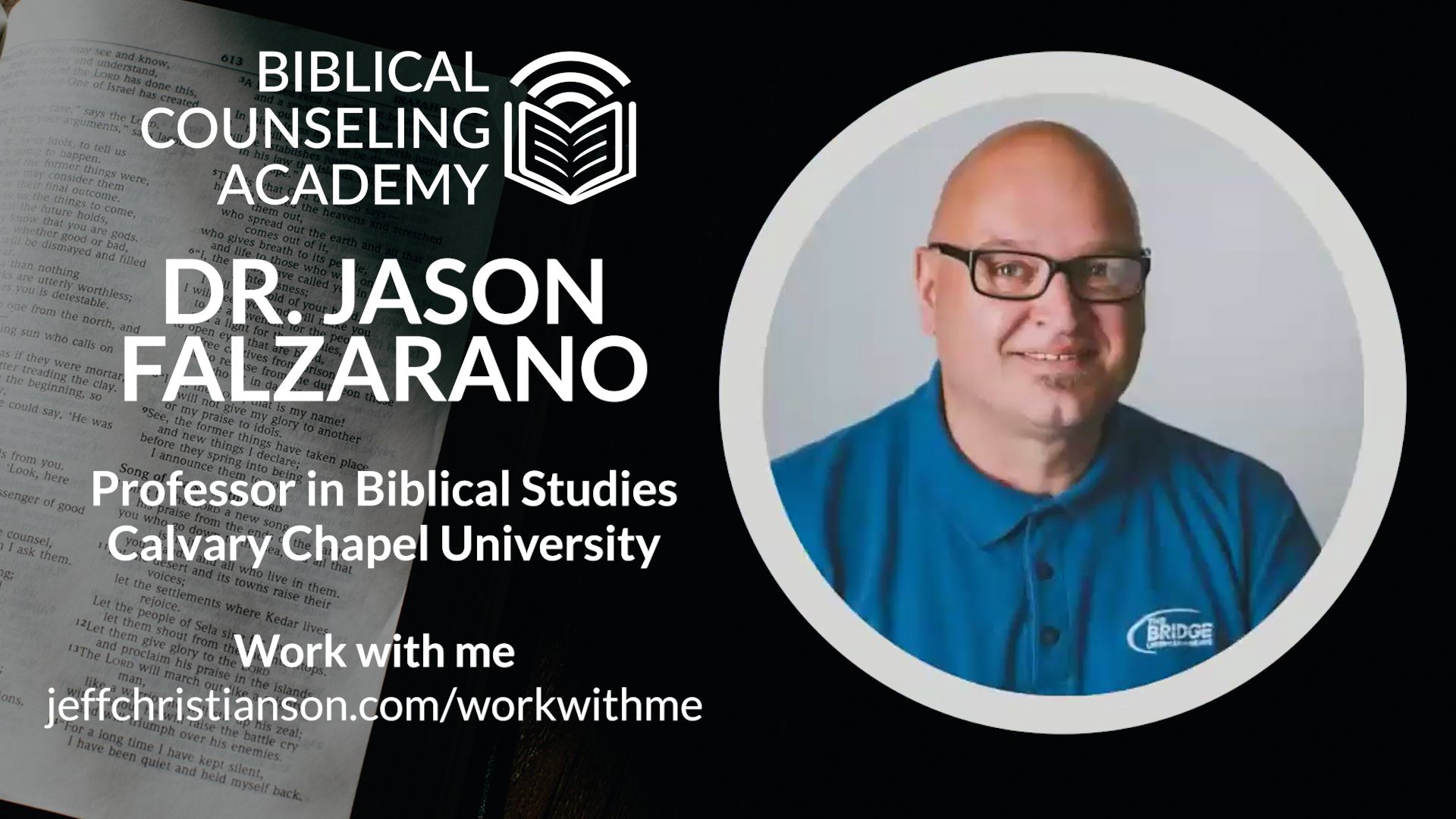Yes, there are significant differences—and serious concerns. At the Biblical Counseling Academy, we embrace a Biblical Counseling model which affirms that the most faithful and effective counsel a believer can offer is the explicit text of Scripture—explained and applied. This model is grounded in the sufficiency of Scripture and the ordinary means of grace: one believer sharing God’s Word with another in the context of the local church.
The heart of biblical counseling is discipleship. It flows from the pulpit in the preaching of God’s Word and is extended through personal ministry as believers help one another apply that Word to real-life situations. Biblical counseling relies on Scripture as the sole authority in understanding the human condition, sin, suffering, and sanctification. It addresses the counselee through explicitly biblical categories:
- Being made in the image of God
- Moral responsibility
- The reality of sin and righteousness
- The commands of God
- The power of the gospel
- The hope of sanctification in Christ
“All Scripture is given by inspiration of God, and is profitable for doctrine, for reproof, for correction, for instruction in righteousness.”
—2 Timothy 3:16, NKJV
In contrast, the Integrationist model seeks to combine Scripture with secular psychological theories—borrowing categories and techniques from psychiatry, therapy, and modern psychology. While it may appear helpful or harmless, this approach is fundamentally flawed. Here’s why:
- Integration attempts to merge two opposing worldviews.
Biblical counseling begins with man’s deepest problem—sin, and God’s solution—redemption in Christ. Secular models often redefine sin as dysfunction or disorder, and view the self—not Christ—as central to change. These frameworks are incompatible at their core.
- Integration displaces Scripture’s sufficiency.
When biblical truth is placed alongside secular theory, it often gets overshadowed or reinterpreted through a worldly lens. Over time, the authority of Scripture is diminished. As Dr. Al Mohler has said:
“It seeks to integrate what can’t be integrated.”
- Integration makes promises it can’t keep.
The claims of integrationism often outpace what it can deliver. The hope of true transformation can’t be found in human insight—but in Christ alone, by His Spirit, through His Word.
“Beware lest anyone cheat you through philosophy and empty deceit, according to the tradition of men, according to the basic principles of the world, and not according to Christ.”
—Colossians 2:8, NKJV
At BCA, we train only biblical counselors—our pastor-teachers are not integrationist. We hold fast to the conviction that true and lasting help comes from God’s Word rightly understood and faithfully applied.
We’re not questioning the motives of integrationists—many sincerely desire to help others. But we are concerned about their theological framework and commitments. Our goal is to counsel in a way that honors Christ, builds up the Church, and applies the gospel to real problems with Spirit-empowered truth.
“Sanctify them by Your truth. Your word is truth.”
—John 17:17, NKJV














































